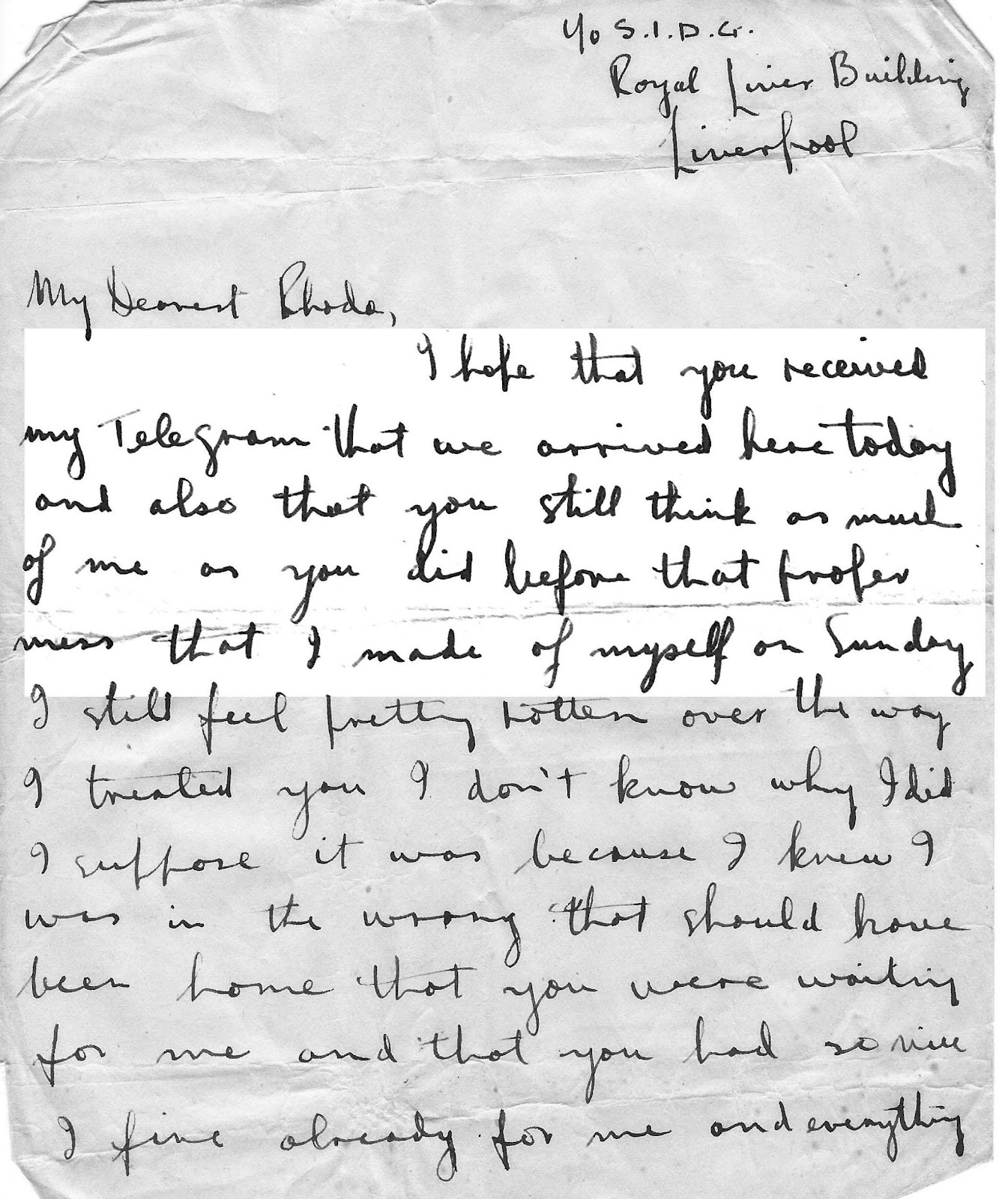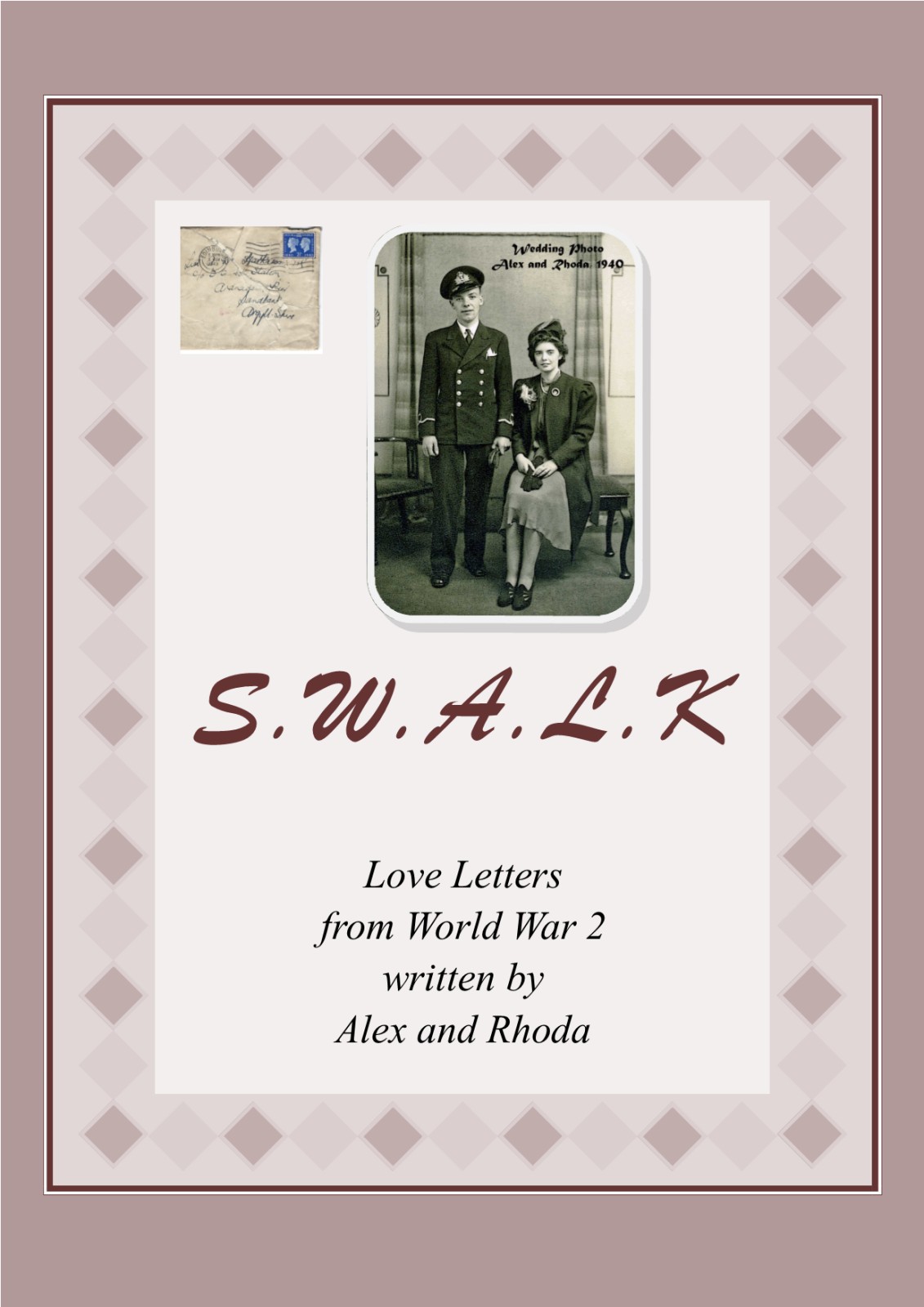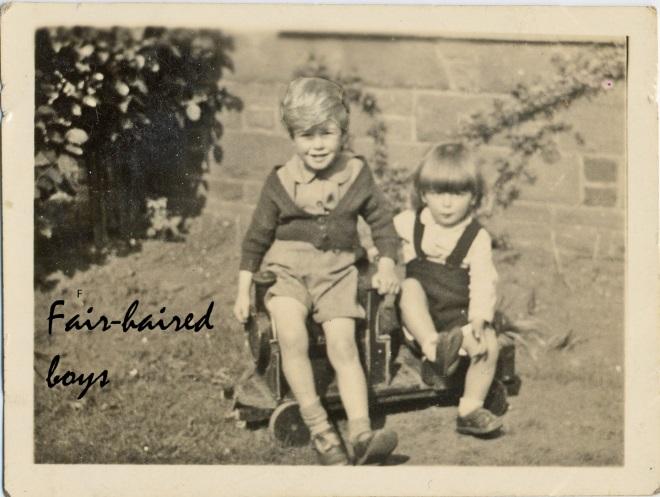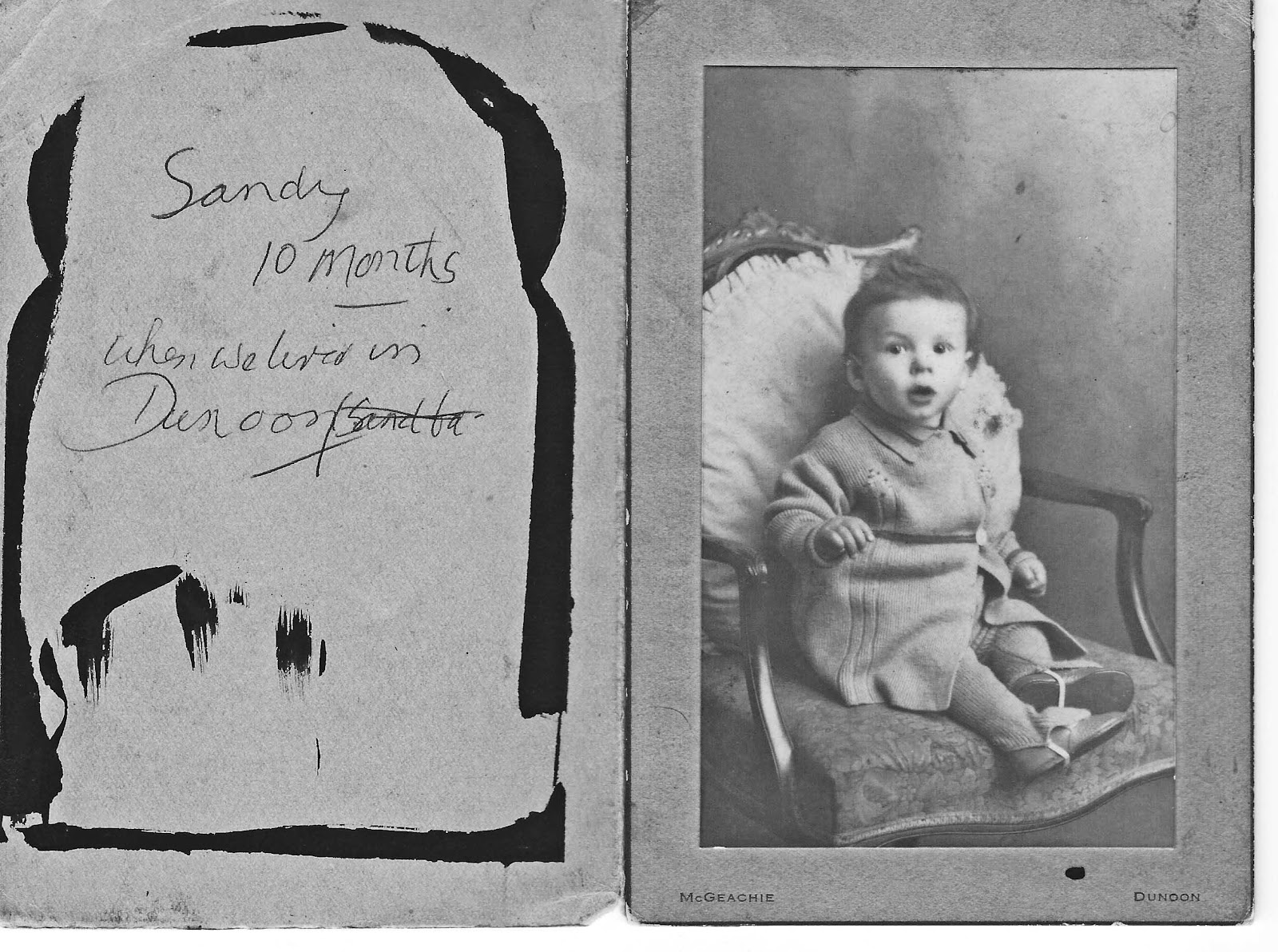“The Devil’s Handwriting” is a semi-fictional story written by Ruth Joy.

At one point in the past, Ian was sitting on the floor in their home. He was surrounded by dusty boxes and folders containing papers and long-lost memories. His father, Alex, left behind a stack of letters and journals written in his distinctive indecipherable scrawls that revealed his strange and enigmatic life.
Ian chuckled. He couldn’t help but be amazed by his father’s squiggly handwriting and disregard for proper grammar with each letter he read. The letters were mysterious yet humorous at the same time, very much like the author of them.
With one of his father’s letters in hand, Ian got up and sat on an old, rickety chair that should have been thrown out years ago. Some letters were now almost impossible to read since the ink had seeped into the pages. He laughed as he read his father’s left-handed scribbling, which had caused him a lot of trouble as a child.
Rhoda, his mother, had frequently told him stories of Alex’s turbulent school days. She clucked her tongue, shook her head. She said, “They thought before that being left-handed was a mark of the devil himself. His teachers believed all left-handed children were doomed to evil all their lives.”
Ian, as he went through the letters, was transported back in time when his father, Alex, was a naughty young boy who often got into trouble due to his bad penmanship style. He remembered a story his father told him one night during one of their late-night talk:
In Mrs. Witherspoon’s classroom, young Alex was bent over his wooden desk, answering an exam. With sharp, hawk-like, beady eyes, the strict teacher began to prowl among the rows of children, looking for any sign of left-handedness.
She suddenly stopped pacing and, in a loud voice, yelled, “Alex!” The surprised child leaped to his feet, slightly shivering in fear. He tried to hide a paper behind his back, but she snatched it from him. The letters are all squiggly and unintelligible. She asked, “What is this abomination of handwriting?”
Alex bowed his head and said, “I’m sorry, ma’am,” his cheeks beginning to flush with shame. A tear ran down his face, his shoulders shaking with the beginning of a sob. His classmates giggled and started to laugh and tease him behind their teacher’s back. They whispered among themselves, “He’s a leftie.”
Mrs. Witherspoon waved a wooden ruler in the air while sighing and shaking her head. “You must learn how to write using your right hand, Alex, because being left-handed is a sign of the devil and brings bad luck. Its use is a sure one-way ticket straight to hell!”
Alex felt a sharp, stinging pain across his knuckles as the ruler descended again and again, turning his left hand to a pale shade of red. Sometimes, his teacher would tie his left hand behind his back and force him to use his right hand in writing. His classmates would rat on him whenever they caught him using his left hand in writing. These incidents stayed etched on his mind, leaving him with a painful memory for years to come.
Ian couldn’t help but smile to himself when he thought about his father’s resilience and determination. Alex, in his obstinate state of being, had insisted on writing with his left hand in spite of the severe reprimands he received from his teachers, defying superstition and all odds.
Ian continued to muse over the letters and realized that some of them were written during his father’s late-night encounters with whisky and other alcoholic drinks. They gave an insight into Alex’s way of thinking and were full of anecdotes, ideas, and the musings of a love-struck mind.
One letter in particular caught Ian’s attention. The letter was written to Rhoda, his mother, and surprisingly contained words of adoration and love that Alex had never publicly acknowledged. Ian was surprised by this side of his father, which the latter had so carefully hidden from the public eye. Ian and his brothers grew up not seeing this aspect of their father’s personality. As Ian read the touching and sentimental lines his father had laboured over, tears welled up in his eyes.
The letter began in this tone:
“My dearest, lovely Rhoda, I may be a southpaw, and the whole world may think of me as a devil and a sinner, but being with you is a salvation in itself. Your love has been my anchor and my ray of light. I treasure every moment we are together. Even more, I wouldn’t change a single thing about myself. I will be a southpaw all my life.
I wouldn’t mind being branded as a sinner and unclean as long as I have you by my side and you believe in me. Gladly, I would suffer discrimination but will not give a thought about it as long as you are my right hand. I would gladly be looked down upon by people as long as I have you to look up to.”
Ian came to realize that his father’s writings were more than just ordinary scribbles. They were the musings of a man who had succeeded in overcoming people’s outdated beliefs. His non-conformity to rules and biases made him a unique character. He was comfortable with who he was and had found assurance in self-acceptance.
Ian carefully folded the paper and put it back in place, his heart warmed by his discovery of the letter. He felt a deeper tolerance and understanding of his father’s eccentricities. He realized that his father left behind a legacy of self-acceptance, love, and the assurance of being oneself without the need to apologize to others.
“Know thyself” The Greek philosophers and Shakespeare
This made Ian think of the teachings of “Ion of Chios” in the 5th century BC. This philosophical maxim was inscribed upon the Temple of Apollo in the ancient Greek precinct of Delphi.
Of course, like many other principles of philosophy it has been stolen from the people, as it most probably originates from a popular proverb.
One of the greatest literary ‘thieves’ is of course, the revered English playwright, William Shakespeare.
“This above all: to thine own self be true,
And it must follow, as the night the day,
Thou canst not then be false to any man.”― William Shakespeare, Hamlet.


